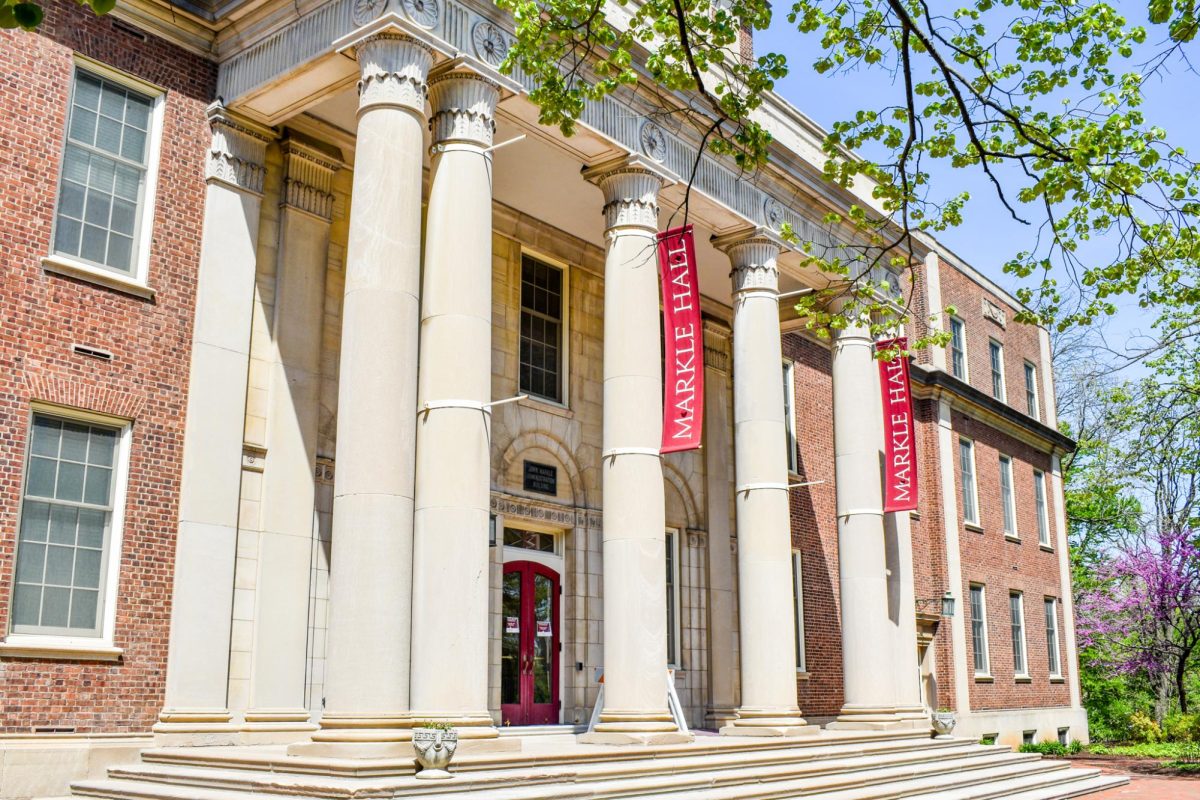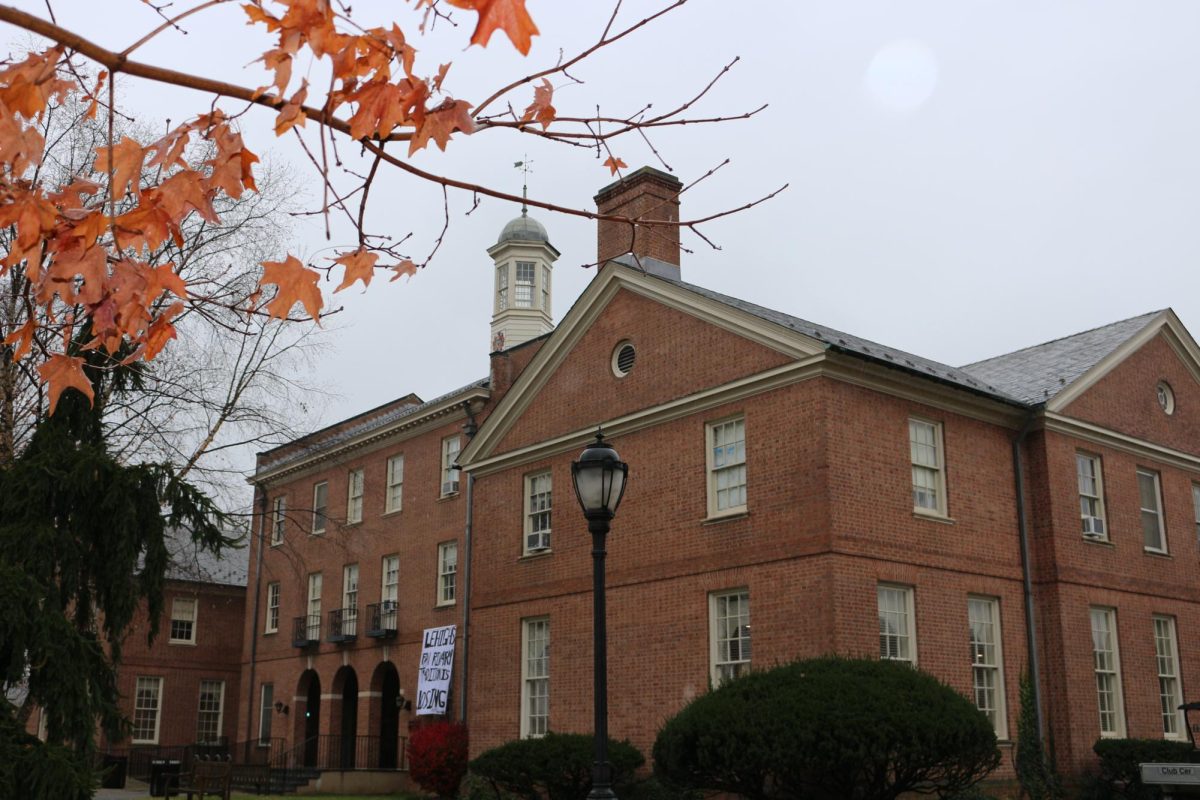The future of funding at higher education institutions — such as Lafayette College — remains uncertain as President Donald Trump’s federal funding freeze saga continues. Several college staff, faculty and a student weighed in on the freeze’s impact on research grants and fellowships.
The pause on federal funding, which was announced in Memorandum 25-13, stated the freeze would be a “temporary pause” on all grants, loans and other financial assistance programs except for social security or Medicare recipients.
Max Gianakopoulos ‘25 was notified last week that his National Institute of Allergy and Infectious Disease Research Opportunities postbaccalaureate program was canceled due to cuts in federal funding.
“It was crazy,” Gianakopoulos said. “It was just like a two-sentence email, saying ‘all the fellowships are paused, my specific program is completely canceled and pretty much good luck.'”
Gianakopoulos had applied and was accepted into the program over the winter interim, only a month before finding out it was canceled. He said the competitive program would have allowed him to gain research experience before applying to medical school.
Current information on the National Institute of Health’s website states the program has “paused the recruitment” on its fellowships and to “check back daily” for updates.
“The predominant emotion right now is confusion,” physics professor Brooks Thomas said. “There really isn’t a lot of sense of where things are going or what is going to happen next.”
According to Forbes, the federal government provides over $50 billion annually to colleges and universities to support research through agencies such as the National Science Foundation and the National Institute of Health.
The college currently has 24 federal grants, totaling $6,343,469, according to a statement from the Office of the Provost.
“The Office of Sponsored Research, in close collaboration with the Provost, has been diligent in following this situation and the rapidly changing messages coming to us from our federal funding agencies,” the statement read.
Thomas, who was awarded $150,000 in federal grant funding from the National Science Foundation in 2023 for his research in particle physics, said he has not been affected by ongoing changes to federal funding. He is, however, still wary of the situation.
“They are basically just flagging each grant to see if it has something to do with DEI or not,” Thomas said of the federal government. “No one really knows what they are going to do at that point.”
An executive order, signed by Trump on Jan. 20, targets diversity, equity, inclusivity, accessibility and environmental justice programs. The order mandates that the government be provided a list of grantees receiving federal funding for research providing or advancing these topics.
According to an internal National Science Foundation document obtained by The Washington Post, grants flagged for “further action” could be subject to a range of consequences including compulsory modifications and termination.
“In that case, there will probably be lawsuits,” Thomas said.
Mike Butler, the biology department head, said he felt uncertain about submitting an NSF research grant application.
“It’s making a time investment, and when you’re unsure if it’s even going to be reviewed, it’s nerve-wracking and you wonder if you’re making the right choice,” said Butler, adding that it often takes hundreds of hours to write competitive grant applications.
Butler said he is especially worried about the unpredictability of potential changes to the rules and regulations regarding grant proposals.
While the pause on federal funding is temporarily restrained after being blocked for a second time this week, Thomas still warned of the potential effects a long-term freeze or cut to federal funding may have on the college and student researchers.
According to Thomas, this has broader implications for not only the individual researcher but also the college as a whole.
“The important thing is it doesn’t just fund me, it funds Lafayette in general,” Thomas said of his own research grant. Approximately half of his grant is bestowed as overhead to the whole college.
News of the Trump administration’s decision to freeze federal funding broke last week sending federal agencies, nonprofits and other federally funded institutions into a state of frenzy.
According to the Department of Education, as of Friday, other federal programs that support colleges and universities, such as Pell Grants and FAFSA, are unaffected by changes to funding.
“We are monitoring the situation and will continue to work closely with faculty as we learn about new developments,” the Office of the Provost wrote.
A correction was made on Feb. 7, 2025: A previous version of this article stated the wrong class year for Max Gianakopoulos ’25.























































































































